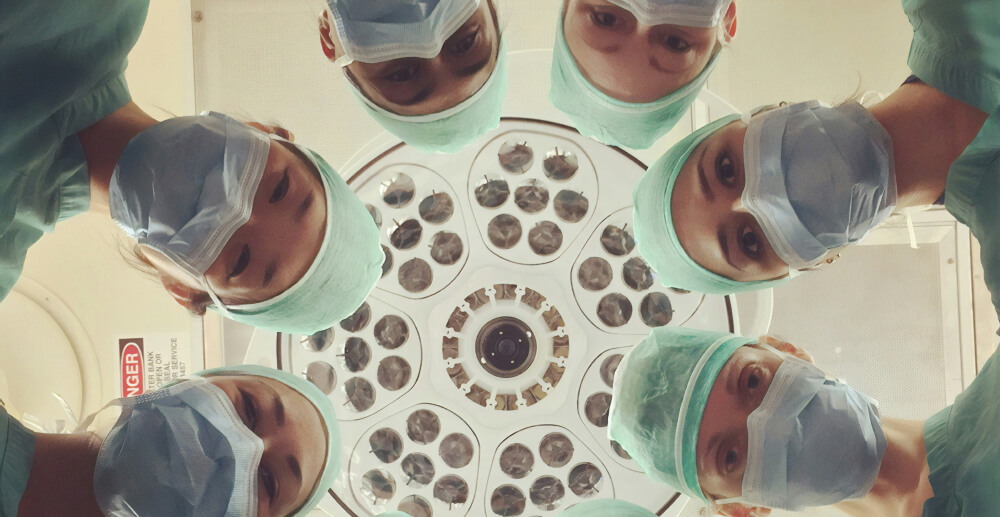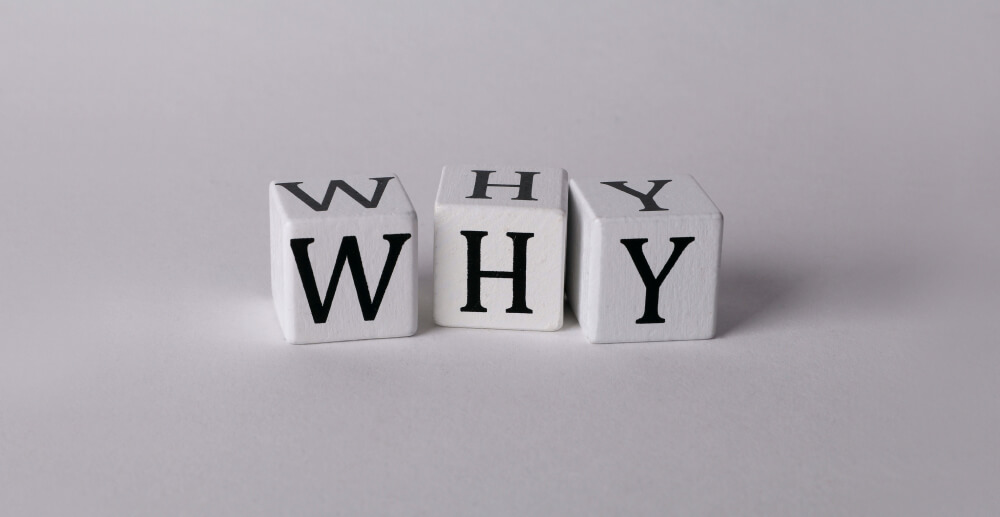A letter to anyone who has recently relapsed from journalist and person in recovery Elizabeth Brico.
Dear Person Who Recently Relapsed,
First and foremost: You’re awesome! No, really, you are. I don’t know you, so I can’t tell you exactly why—but I know that something about you makes you awesome. We all have that something that makes us awesome. Maybe you’re an amazing illustrator. Maybe you bake the best homemade raspberry scones breakfast has ever known. Maybe your sense of style elicits envy even when you’re just grocery shopping. Maybe you’re a great singer. Maybe you’re kind to people whom others overlook. Whatever it is, there’s at least one thing about you that makes you unique and awesome. And that thing is still as true and important as it was before you relapsed. A drug can’t take away your awesome.
“A drug can’t take away your awesome. ”
Now, let’s talk about the reason you’re here. You relapsed. You might have had years of abstinence from your drug of choice under your belt, or you might have had just a couple months, or weeks. Addiction is a real medical condition, and it’s a notoriously difficult one to combat. Especially in our current society, which totally stigmatizes and under-treats it. So it’s totally legitimate to feel proud of any amount of recovery time you have accomplished. The flip side of that is, of course, that relapsing is probably going to make you feel like crap. But it doesn’t have to.
Last year, I wrote an article for The Fix about why I don’t keep a sobriety date. Part of the reason for that is not wanting a slip-up—or even a full blown run—to feel like the end of my world. In that article I quote Dr. Stephen Taylor, the Medical Director of the Player Assistance/Anti-Drug Program of the NBA, who advises that, “even if you know you consciously made a choice that you knew better than to make, bottom line is that you make a mistake and then get past that. Move forward. Learn what you did right, and what mistakes you made leading up to your relapse. That’s valuable time; you don’t throw that away.”
“The time before your relapse was valuable. Your relapse doesn’t erase it.”
The time before your relapse was valuable. Your relapse doesn’t erase it. You can absolutely learn from that time. What did you do right? What kept you sober? And what failed you when you relapsed? What part of your support system needs strengthening? Whatever drove your relapse can now be a learning experience. It happened, it sucks… now use it as a tool to make sure it doesn’t happen again.
Did you get complacent? Try finding a recovery buddy—a sponsor, if you’re doing the 12-steps, or just someone else with an addiction history if you’re not—who can help keep you motivated and accountable. Did you get depressed? You may need to ramp up your therapy sessions, or try medication treatment for depression.
“Finding an activity that provides meaning to your life is also incredibly helpful.”
Did you get straight-up bored? That is a legitimate concern for people whose brains are chemically recovering from drug-induced pleasure dumps and withdrawal. It’s crucial that you find hobbies to fill your time. The more you diversify, the better your chances of not relapsing. Put together an exercise routine, start a reading list, pick up a new class or hobby, make social dates, and find a new favorite show on Netflix. The more full your life is, the less space for drug use. Finding an activity that provides meaning to your life is also incredibly helpful. For me, it’s writing stuff like this, which helps empower drug users and people in recovery/remission, while spreading the tenants of harm reduction and evidence based care. If writing isn’t your thing, it could be volunteering at a homeless shelter or syringe exchange program, or sponsoring someone in a 12-step group.
Most of all, have compassion for yourself, please. Your value is not based on the chemicals that will or won’t be found in your pee. Even if you relapsed and you’re still using now—you still deserve respect and care. Taking drugs does not make you a bad person. If you take drugs compulsively even when you don’t want to, then you have an addiction. That’s a medical condition! Having a medical condition doesn’t make you a bad person, even if it’s a really misunderstood medical condition. If you are having trouble quitting, consider medication treatment, like methadone or buprenorphine. You don’t have to go through withdrawal to get sober. And you definitely don’t have to hit rock bottom.
“Remember to get back up and keep fighting when you’re ready. You deserve a life you love. ”
I understand that not everyone who wants evidence-based treatment can access it. In fact, I understand that quite intimately; I had to taper off buprenorphine earlier this year because I moved to South Florida, where many doctors force you to pay out of pocket to see them for a script. If you’re in a similar position and want methadone or buprenorphine but can’t access treatment—know that you deserve better. I’m going to continue to advocate for expansion of treatment options because you deserve it. We all do.
Your recovery doesn’t have to end because of a relapse. Your value is not defined by your drug use, even if that drug use is ongoing. You are a human being who deserves love, care, and respect. A friend once said this to me and now I’m passing it to you: take a break from being strong if need be, for as long as you need—but remember to get back up and keep fighting when you’re ready. You deserve a life you love.
Love,
Elizabeth Brico




